In case you aren’t up to date with the latest computer lingo, “open-source” is a hot topic with a tremendous amount of relevance to today’s announcement from Ford Motor Company. In essence, it’s a software development model which grants anyone and everyone free license to access and modify the source code of a piece of software, and the right to redistribute that modified work at will.
The GNU/Linux operating system is a shining example of the open-source movement. There are perhaps hundreds of different “distributions,” or “flavors,” of the OS, each contributed to by scores of (largely volunteer) programmers.
Well, a version of Ford Motor Company’s AppLink software for communicating with connected smart devices – called “Ford SmartDeviceLink” – exists as an open-source alternative, meaning that users and other automakers alike can create their own “flavors” of the software, if you will, and implement them as they see fit.
Ford Motor Company has just announced that Toyota has taken them up on the offer, and has begun studying the Ford SmartDeviceLink software for use in future Toyota, Scion, and Lexus models.
As we see it, the open-source Ford SmartDeviceLink system seems like a win for at least four different parties. Ford Motor Company can benefit by implementing any worthwhile revisions or additions contributed by rival automakers, users, and smart device manufacturers. Rival automakers like Toyota can benefit from the same free license contributions. Smart device manufacturers and app developers have an easy avenue to implementing support for their own – perhaps previously unsupported – products. And of course, users can fiddle with and customize the Ford SmartDeviceLink software as they see fit to create their own unique, optimized experience.
The Ford SmartDeviceLink software has a fully customizable user interface, so of course, it’s not as though we’ll begin seeing Fords and Toyotas both running identical-looking connected apps. And importantly, because the open-source software will push one standard protocol for communication, app developers need only solve the riddle of system integration once for both automakers.
Ford SmartDeviceLink also has its own voice recognition engine, so that spoken commands needn’t rely upon the smartphone or other connected device for processing.
This is an exciting development from Ford Motor Company, and one which vaguely echoes the automaker’s recent announcement that a portfolio of its EV-related patents would be made public to promote further development there. We certainly hope that more automakers choose to get onboard with the Ford SmartDeviceLink software; the possibility of improvement through collaboration is practically assured.

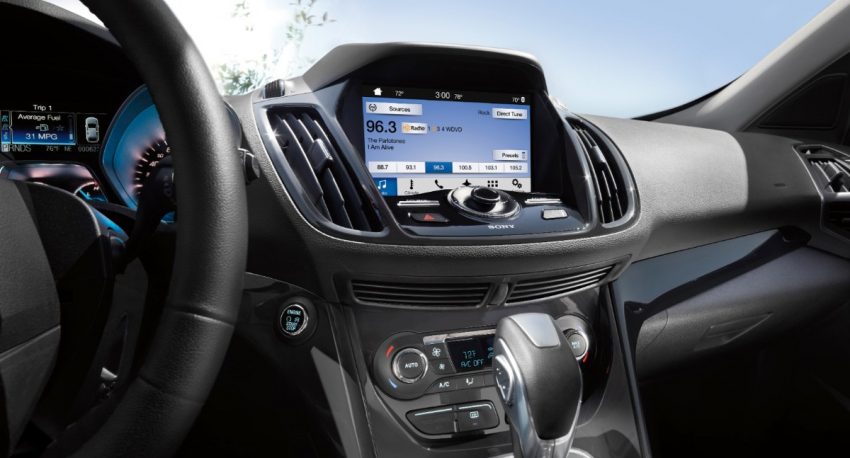
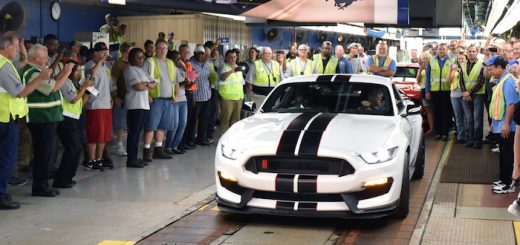

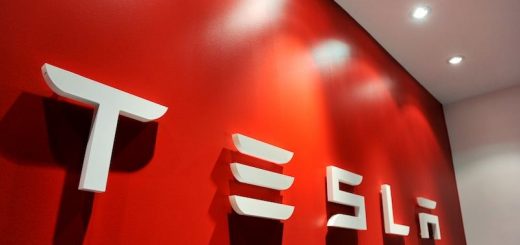

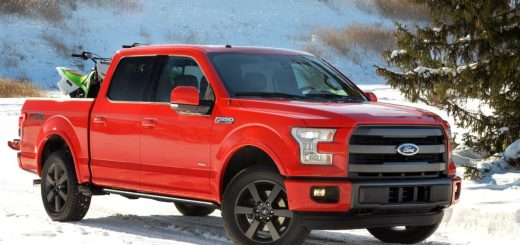

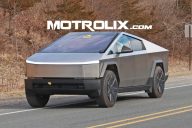





No Comments yet